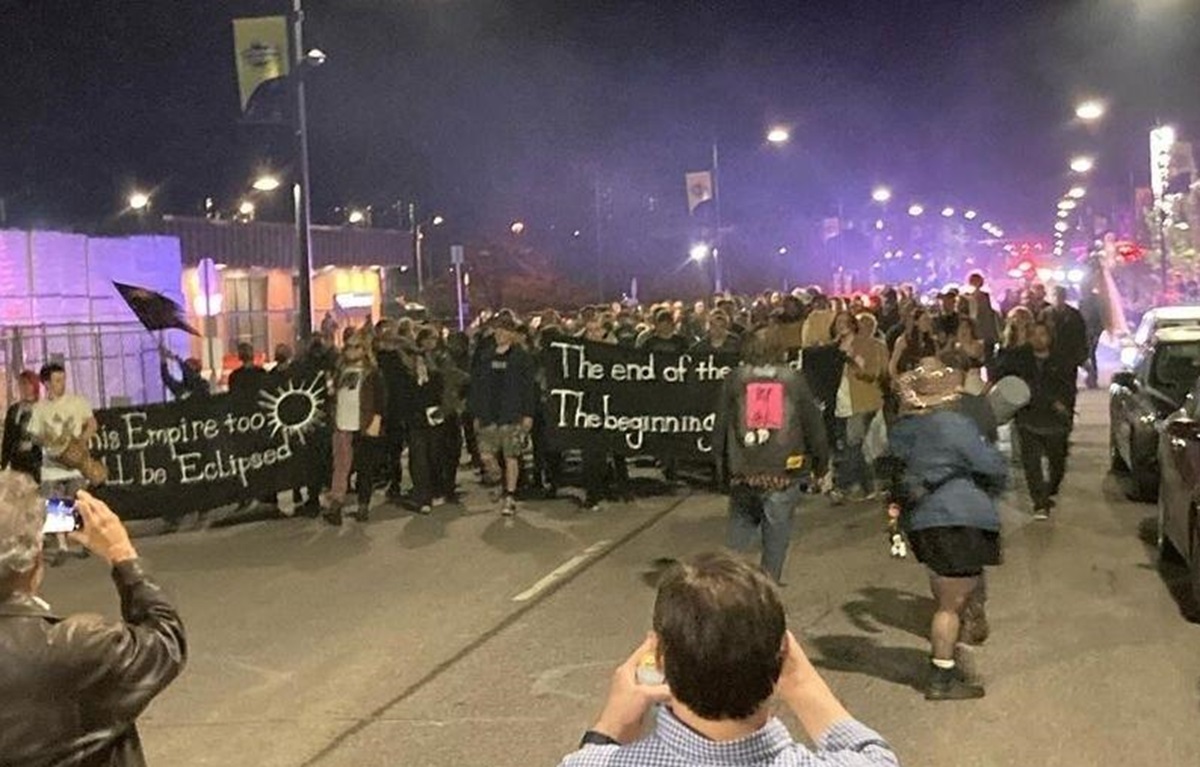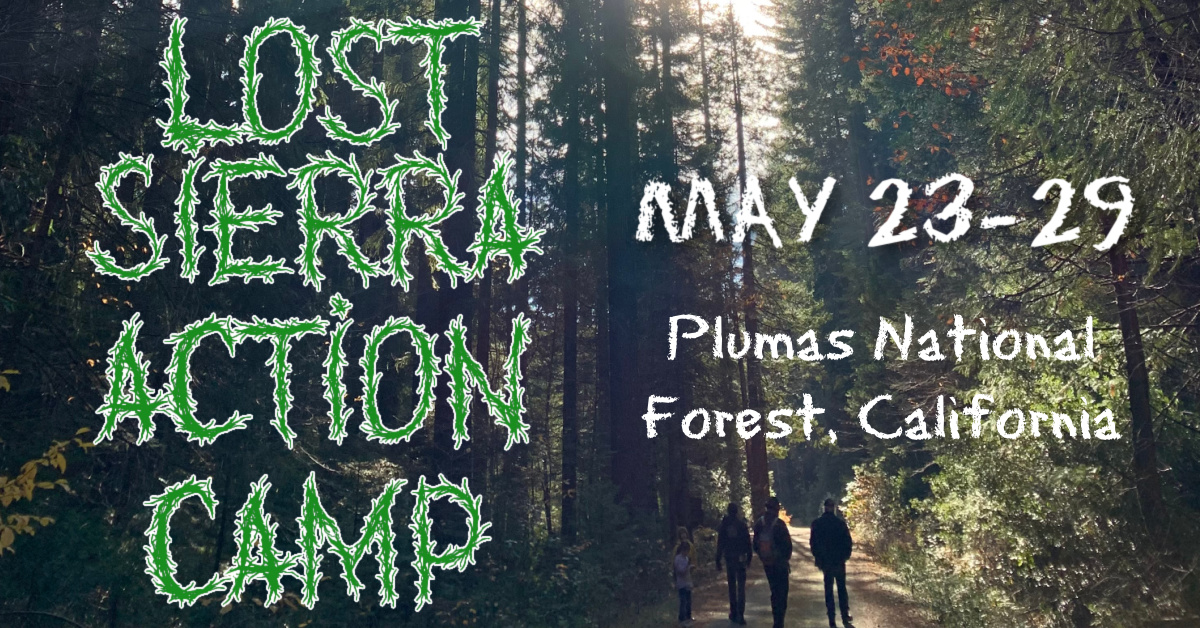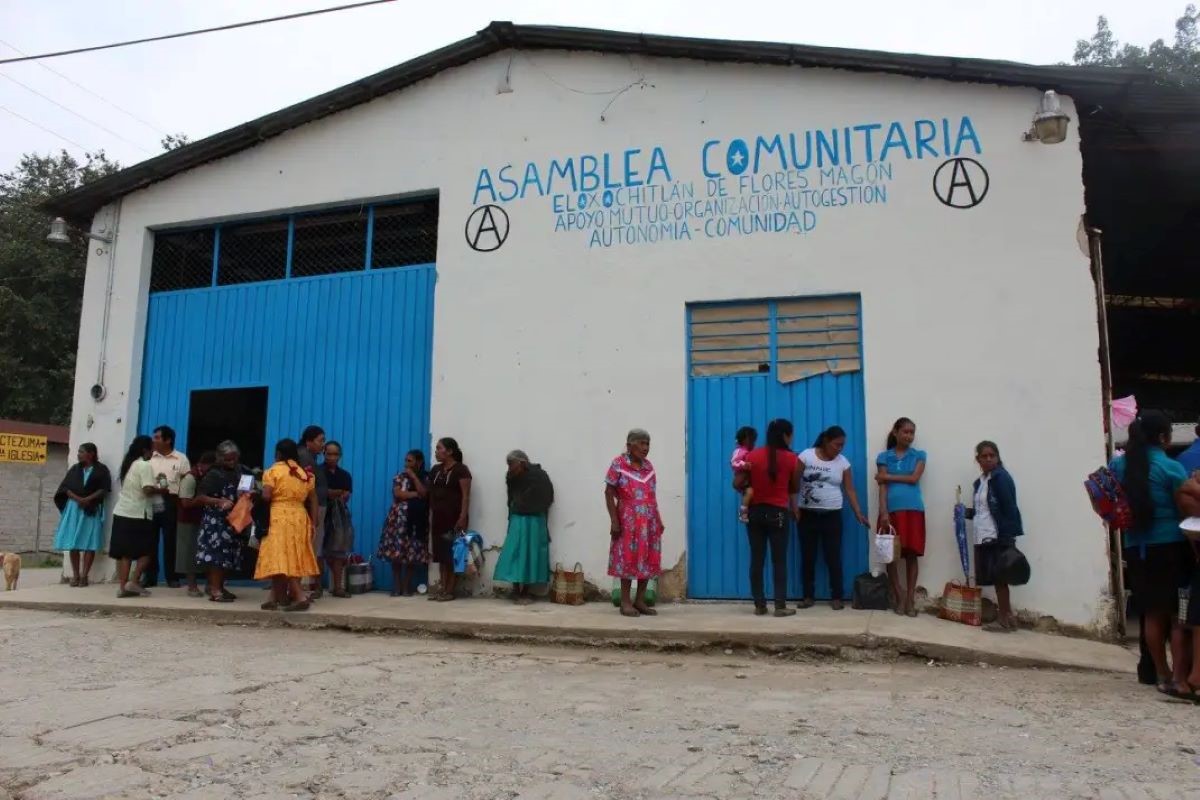Filed under: Action, Incarceration, Southeast
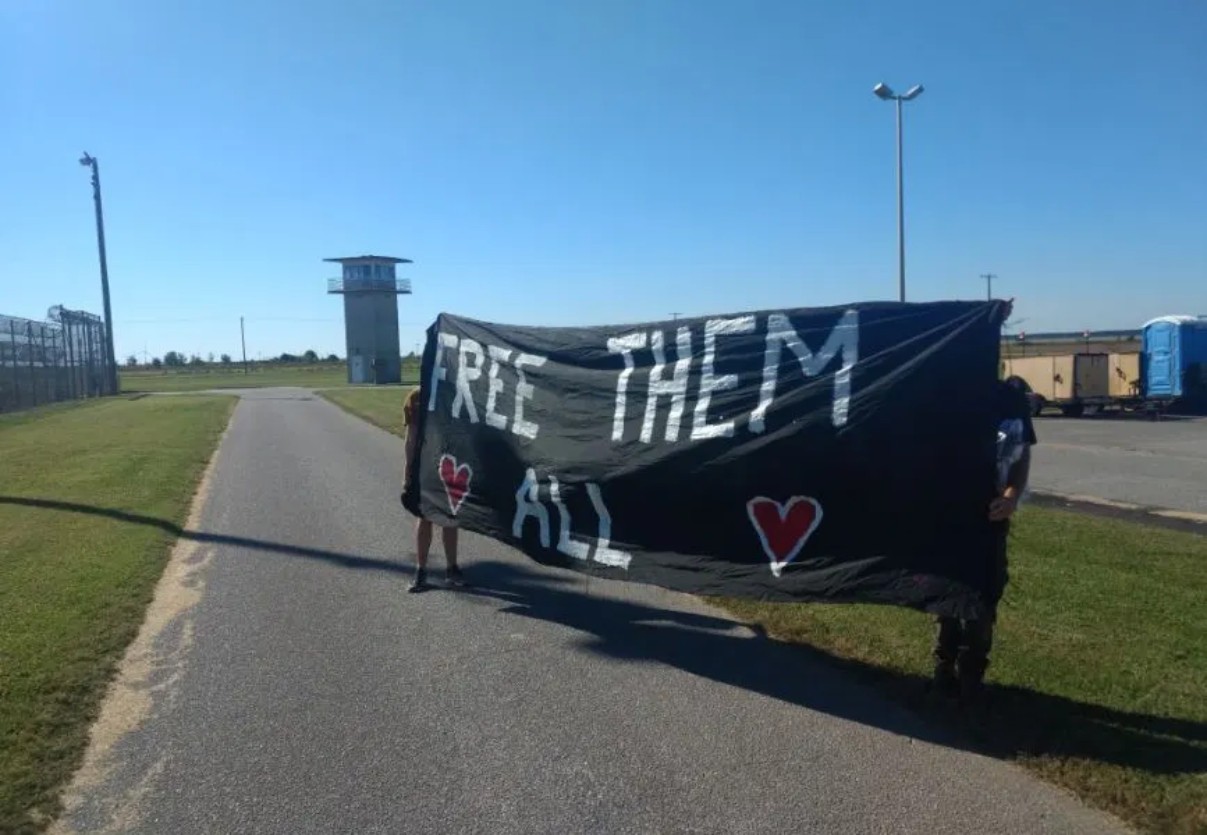
Report from Perilous Chronicle on 14 day hunger-strike in solidarity with the Black Lives Matter movement by prisoners in North Carolina.
by Ryan Fatica
Prisoners at the Pasquotank Correctional Institution in Pasquotank County, North Carolina have declared a fourteen day hunger strike beginning October 1, releasing a list of grievances and declaring their solidarity with the Black Lives Matter movement outside the prison walls.
“The prisoners at Pasquotank Correctional Institution are in solidarity with BLM and our hearts, prayers and condolences go out to George Floyd, Brianna Taylor and Keith Scott’s families, to the protesters in Portland and to all of those who have fallen victim to police brutality,” their statement began.
It is unclear how many prisoners are participating in the strike. Supporters who spoke with Perilous Chronicle have not had contact with the prisoners since the strike began, but expressed their support for the strike based on the statements of their friends inside who told them they had planned to participate in the protest.
John Bull, spokesperson for the North Carolina Department of Public Safety, reported that no prisoners at the facility are on hunger strike at this time.
On the first day of the announced hunger strike, a small group of supporters gathered outside the prison holding signs reading “End JPAY Restrictions” and “Free Them All.”
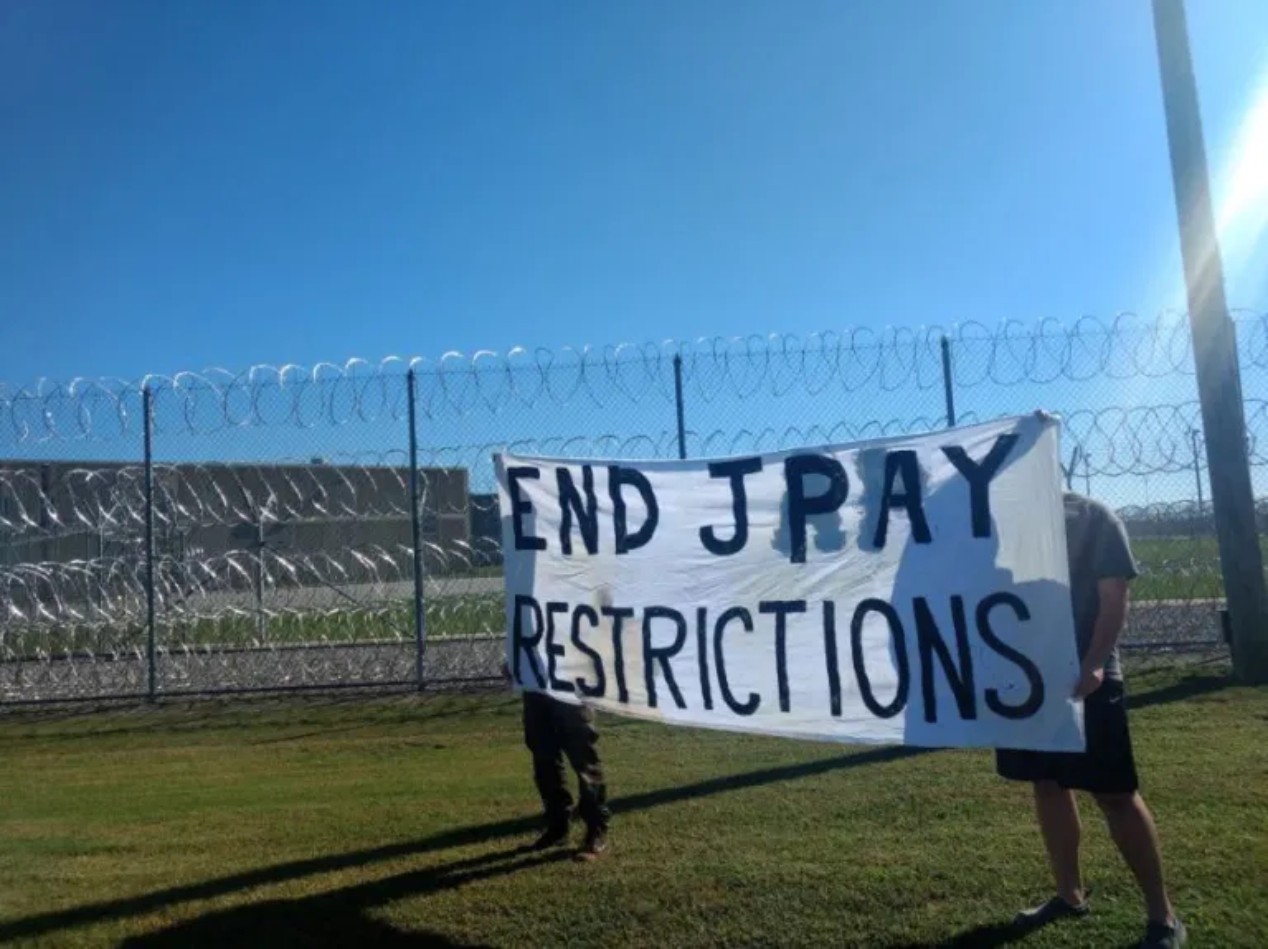
In the statement, prisoners say they are forced to live in “deplorable” conditions in which racism and violence are the norm. “At Pasquotank CI over the last two years there have been nearly a dozen suicides, countless overdoses, and innumerable brutal life threatening stabbings, extortion, robberies, five on one beating,” the statement reads, “all as a result of pervasive racism, gang violence and the corruption of the prison officials.”
The prisoners also allege that 55% of their incoming mail is rejected by the mail room staff and that even crayon drawings from prisoners’ children are rejected as “Unknown Substances or Smears.”
Mr. Bull confirmed that children’s artwork is considered potential contraband. In the past, he explained, people have mixed “liquid methamphetamine or other liquid-based drugs in the paint as a method of getting liquid-based drugs past correctional staff.”
The prisoners are also protesting a policy by the private corporation JPay, which runs the prison’s phone and commissary services. The policy, which took effect in February 2019, prevents those not on a prisoner’s approved visitor list from sending money to the prisoner’s account. In the immediate wake of the change, prisoners released a statement asking for supporters to call the prison to demand its cancellation. The prisoners also declared a day of “mass, simultaneous grievance filing” against the policy, referring to the prison’s internal complaint process.
According to the prisoners who wrote the statement, the policy “targets minorities, people of color and the poor, and now limits all monetary gifts to prisoners to only DPS approved visitors. Which excludes undocumented immigrants as well as the families of prisoners who are unable to visit or who do not have ID’s necessary to become an approved visitor. So many of us can no longer purchase food from prison canteens, effective hygiene products, stamps or phone time to call home or to maintain or establish community ties.”
In October 2017, the Pasquotank prison was the site of a failed escape attempt in which four staff members were killed. In March of this year, the first of these prisoners to go to trial was sentenced to death for murder. In the wake of the attack, family members of those who were killed filed a lawsuit against the North Carolina Department of Corrections and North Carolina Governor Roy Cooper, alleging that unsafe conditions in the state’s jails contributed to the deaths.
Prisoners who are still incarcerated at Pasquotank confirm that the facility remains dangerous, even 3 years after the fatal event.
“No one is safe at PCI or in any other NC prison because of gang violence, and the prison officials turn a blind eye,” the prisoners wrote in their statement. “No one is thinking about rehabilitation because we are all too busy trying to survive through all the daily oppression, bullying, violence and an ‘anything goes’ environment in the midst of the COVID-19 pandemic.”




